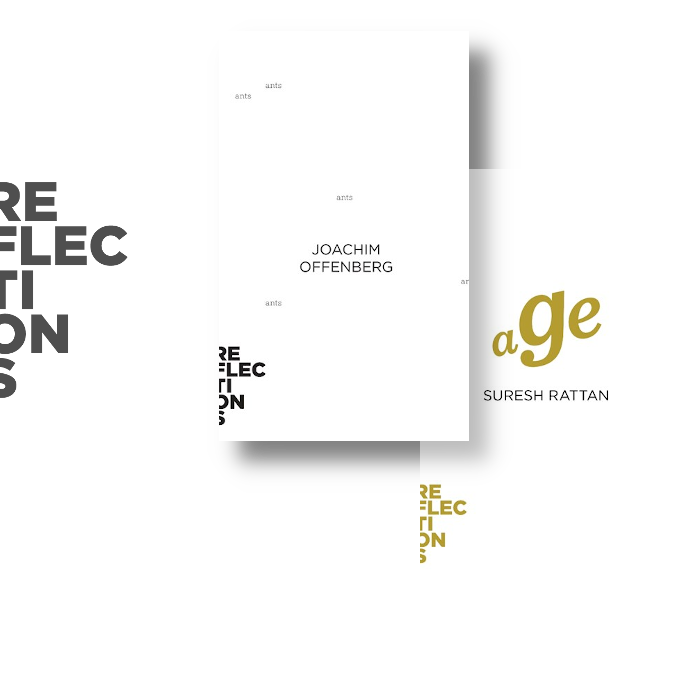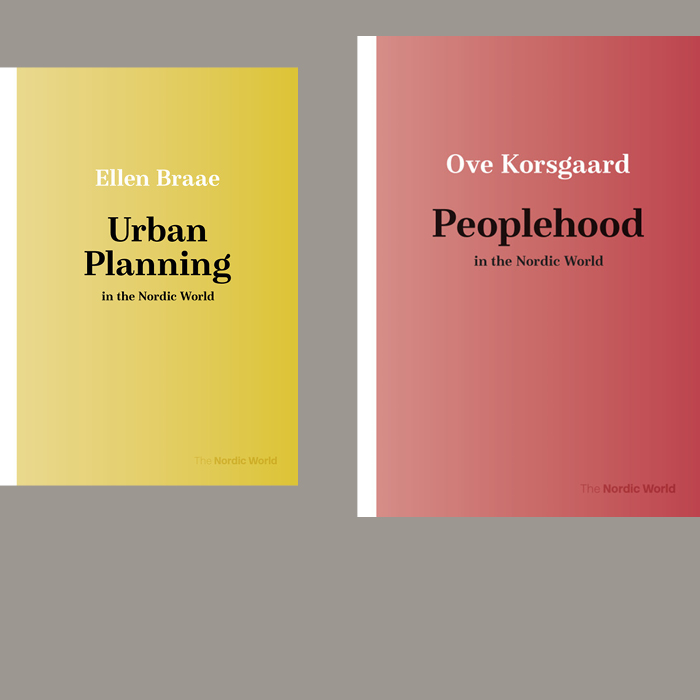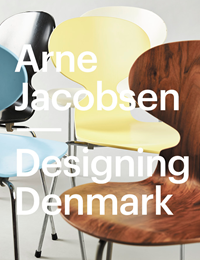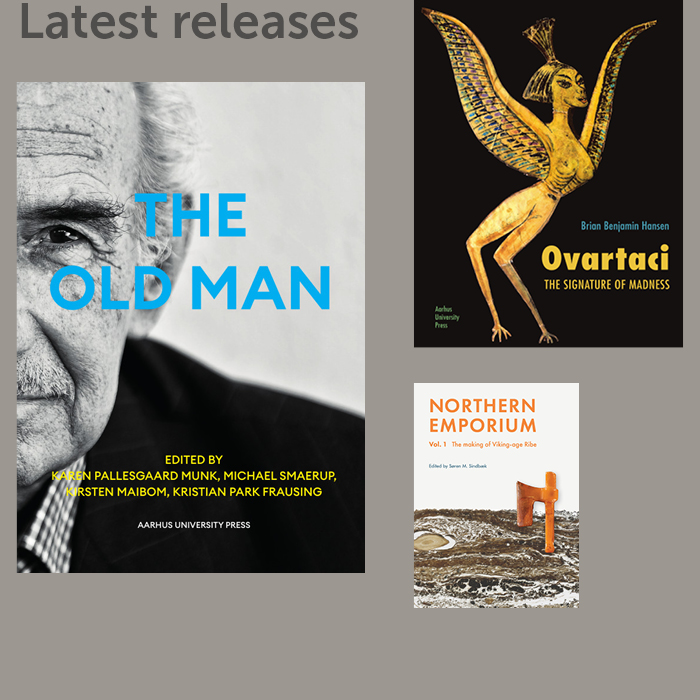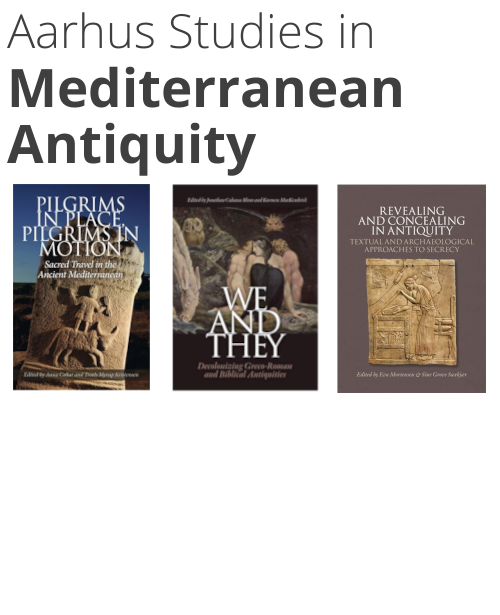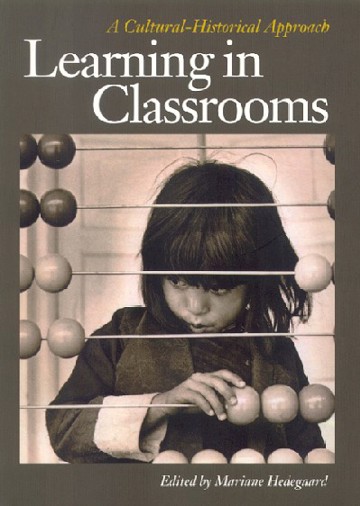
Learning in Classrooms
A Cultural-Historical Approach
A part of the subject areas Psychology and Pedagogics
Out of stock
Edited by
Mariane Hedegaard
With contributions by
Angela Creese,
Harry Daniels,
Shaun Fielding,
Maria Teresa de A. Freitas,
Paulo R. de Oliveira Frota,
Hartmut Giest,
Airi Hautamäki,
Jarkko Hautamäki,
Mariane Hedegaard,
Valerie Hey,
Peter Kutnick,
Diana Leonard,
Carol Linehan,
Maria Cecília Camargo Magalhães,
Manuel L. de la Mata,
John McCarthy,
Andrés Santamaría,
Marjorie Smith and
Solange Jobim e Souza
More about the book
About the book
Using Vygotsky's ideas, this book contributes to the cultural-historical study of school children's learning. The focus is not only on activities within the classroom but on the importance of various extraneous conditions, for example educational ideology that can influence both instruction and learning.
The comprehensive material is presented under five headings: School Traditions and Learning, Educational Practice that Combines Community Knowledge and Social Science Studies, Everyday Knowledge and Mathematics and Physics Learning, Diversity in Learning Modes and Classroom Interaction and Discourse.
This is an important book for teachers, administrators and others who want to know more about how teachers teach and children learn.
Table of contents
1. Introduction, Mariane Hedegaard
School Traditions and Learning:
2. The Gendering of Social Practice in Special Needs Education, Harry Daniels, Angela Creese, Shaun Fielding, Valerie Hey, Diana Leonard and Majorie Smith
3. Instruction and Learning in Elementary School, Hartmut Giest
4. Expanding the Predominant interpretation of ZPD in a Schooling Context: Learning and Mutuality, Peter Kutnick
Educational Practice that Combines Community Knowledge and Social Science Studies:
5. Orchestrating Voices and Crossing Boundaries in Educational Practice: Dialogic Research on Learning about the Kobe Earthquake, Katsuhiro Yamazumi
6. Building Cultural Identity of Minority Children through Social Studies, Mariane Hedegaard, Seth Chaiklin and Pedro Pedraza
7. Science Literacy in the making in an Inner-City Youth Program: "They Take the Time to Show us How a Plant Grows", Jrene Rahm
8. Transforming Ethnocultural Traditions in a Modern Environment: Context for Personal Development, Olga V. Kritskaya
Everyday knowledge and mathematics and physics learning:
9. Matematical Cognition in the Classroom - A Cultural Historical Approach, Ademir Damazio
10. From Monologic to Dialogic Learning: A Case Study of a Japanese Mathematics Classroom, Kayo Matsushita
Diversity in Learning Modes:
11. How School Students Become Subjects of Cooperative Learning Activity, Galina A. Zuckerman
12. Construction of Distance, Time and Speed Concepts: A Cultural-Historical Approach, Paulo Romulo de O. Frota
13. Teacher-Student Interaction, Text Comprehension and Memory: A Semiotic Analysis of Instructional Actions, Manuel L. de la Mata & Andrés Santamaría
14. Children's Self-concept as Gendered and Contextual: Socio-Moral Self-concepts of 12-year-old Finnish Girls and Boys, Airi Hautamäki & Jarkko Hautamäki
Classroom Interaction and Discourse:
15. The Construction of Contemporary Subjectivity: Interactions between Knowlege and School Environment, Solange Jobim e Souza
16. A Relational Approach to Understanding Classroom Practice, Carol Linehan & John McCarthy
17. Teacher's Experience of School and Knowledge through Childhood Memories, Maria Tereza de A Freitas
18. Teacher's and Reseacher's Interaction on Classroom Discourse: Different Ways of Organizing Salient and Problematic Action, Maria Cécilia Camargo Magelhães
Index
